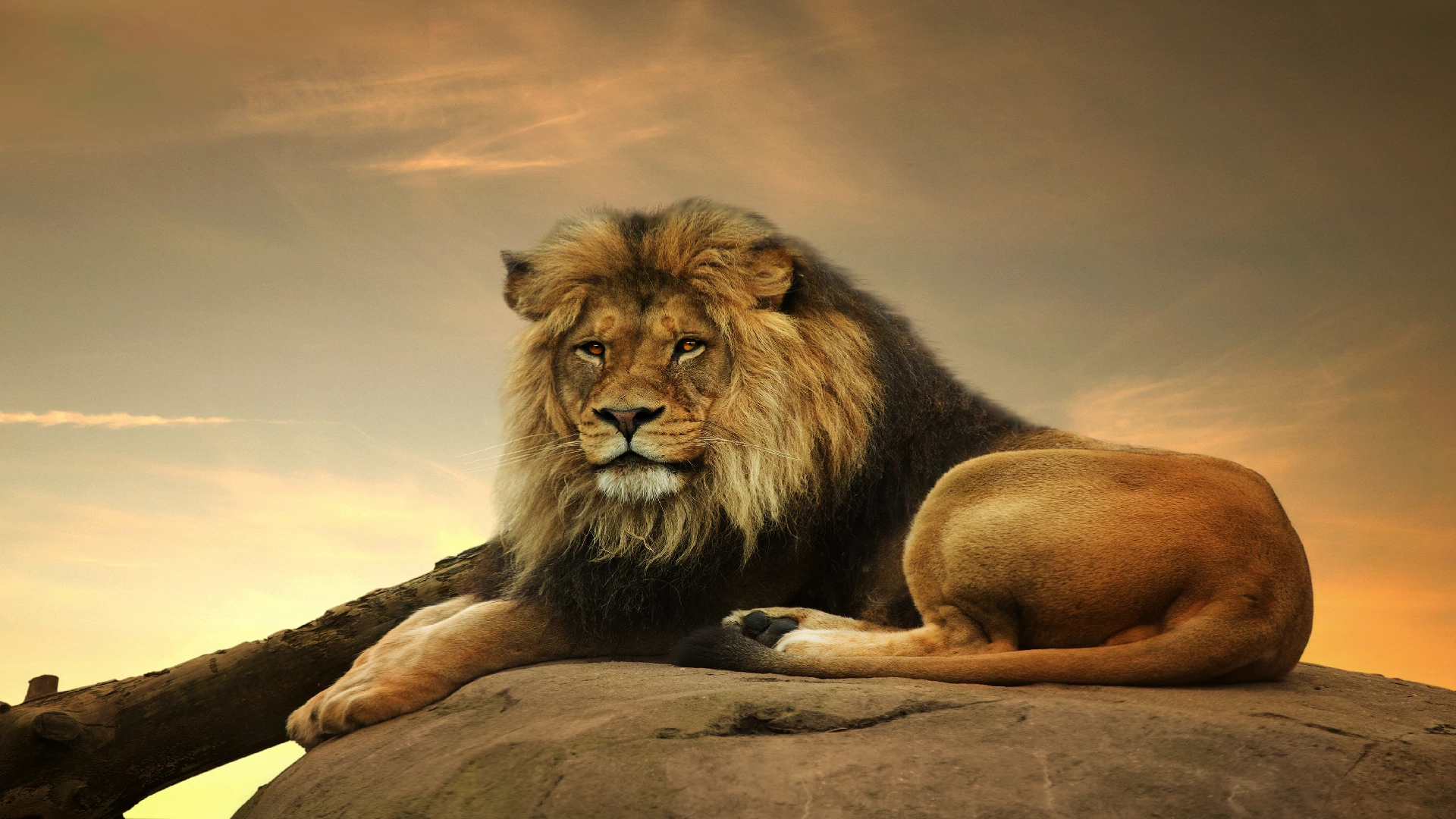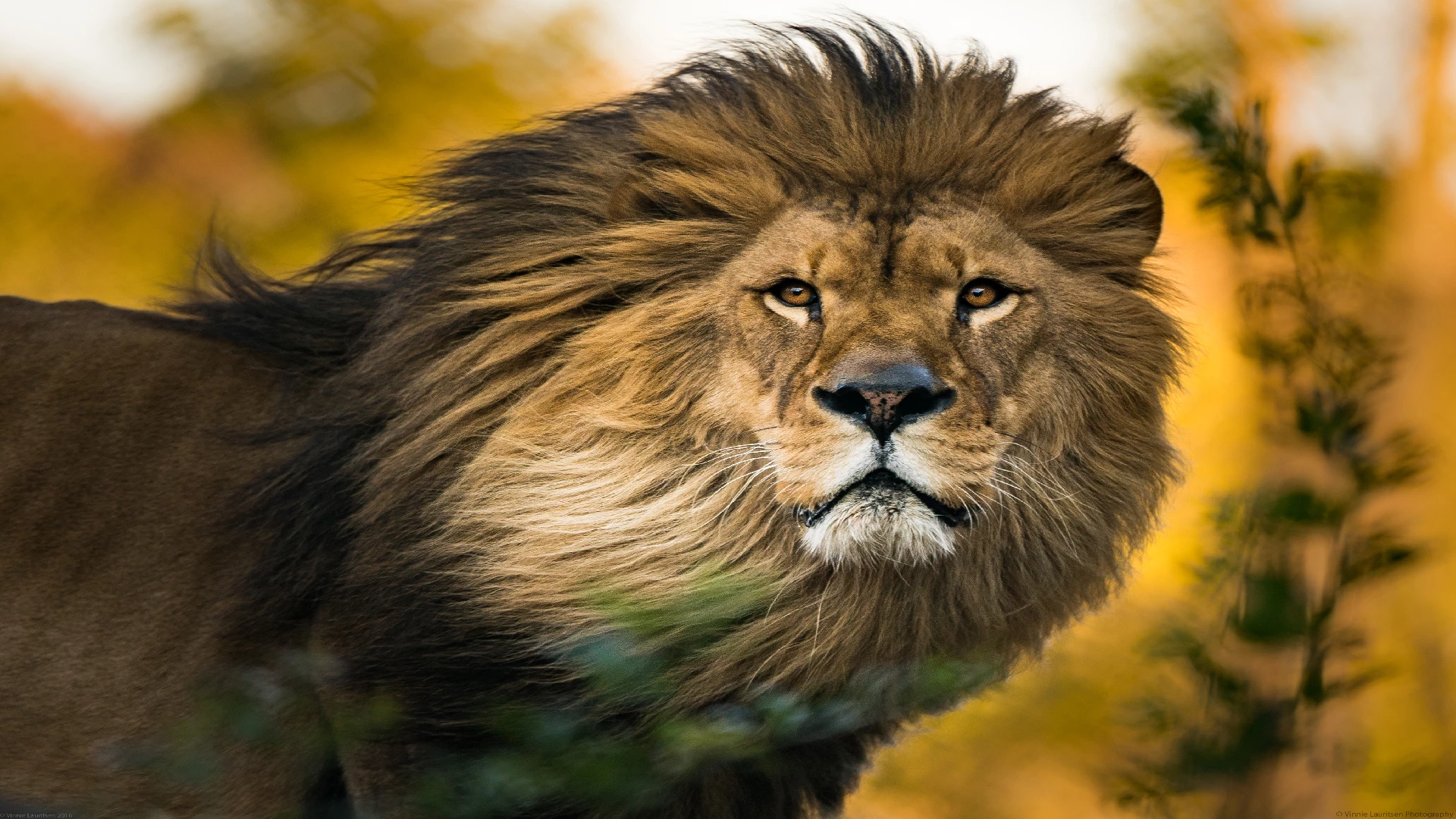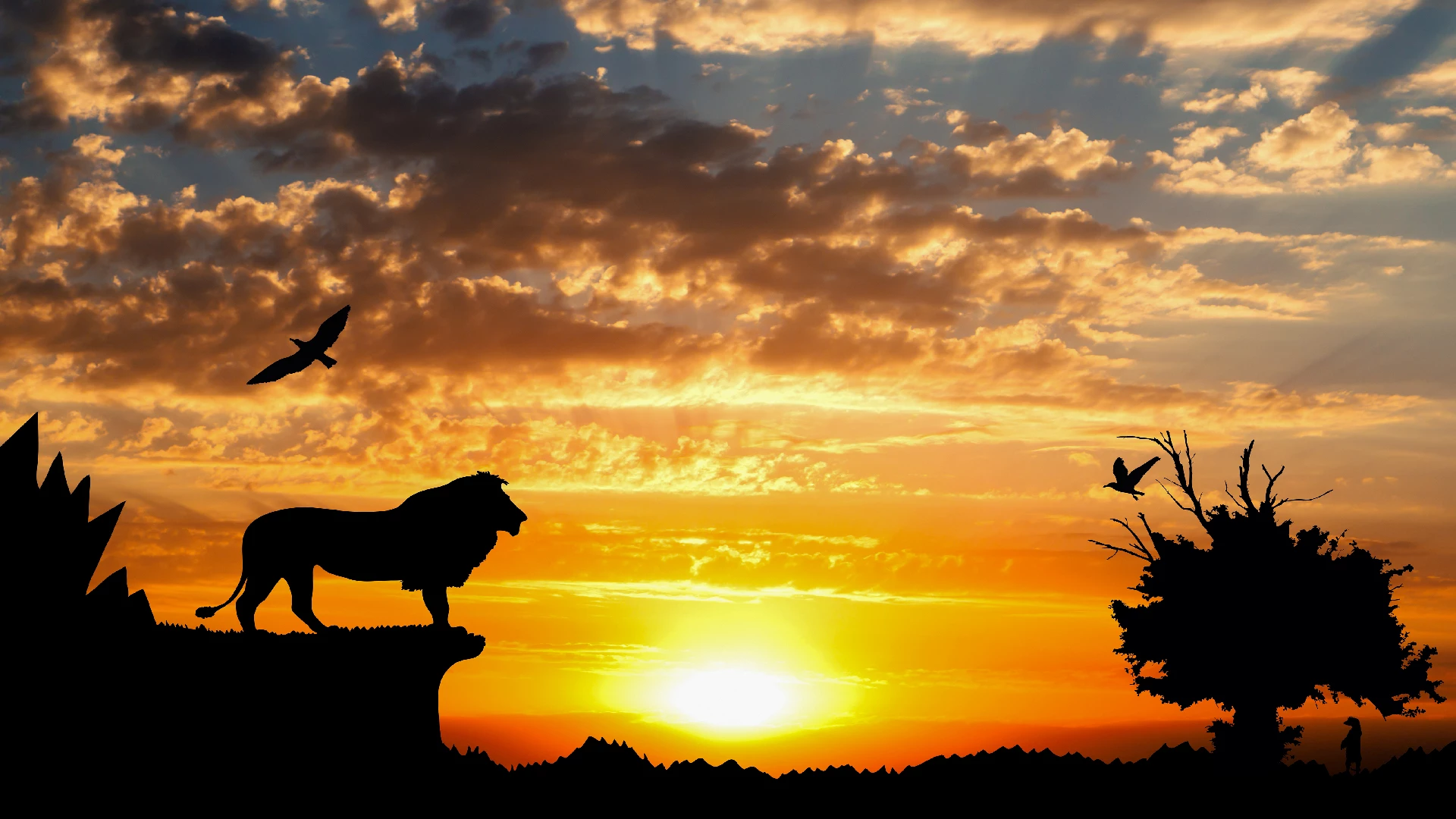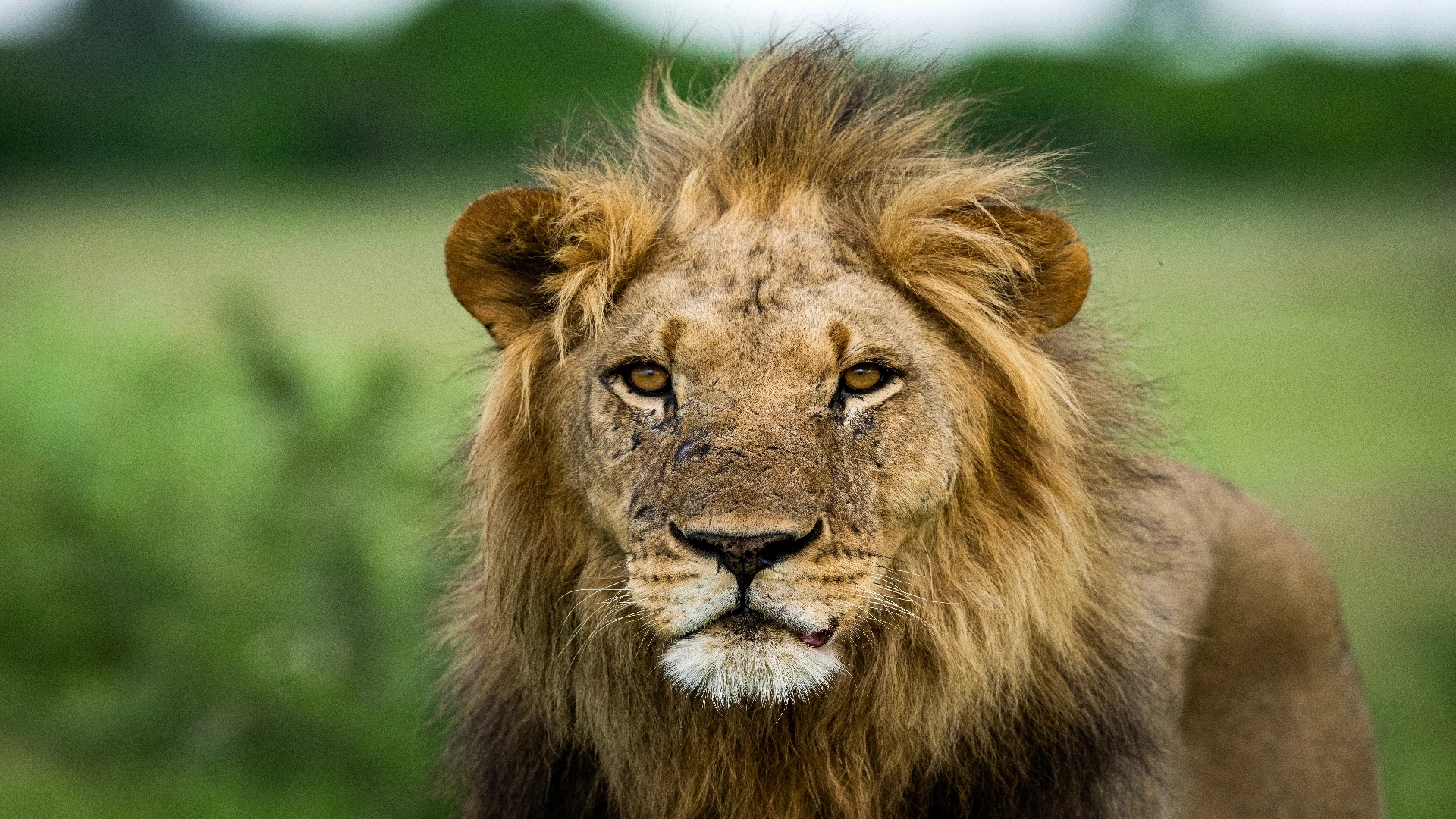Lions, the majestic creatures that roam the vast landscapes of Africa, have long captivated human imagination and held a significant place in various cultures and traditions. In this blog post, we will explore the cultural and symbolic importance of lions in Africa, delving into their historical significance and present-day representations.
Roar into Adventure with Lions New Tab!
1. Introduction
 At the heart of Africa’s diverse wildlife, the lion stands as an emblem of strength, courage, and nobility. Revered in countless ancient cultures and mythologies, lions have transcended time and continue to be a powerful symbol in modern African societies. Let’s embark on a journey to unravel the fascinating connections between lions and African heritage.
At the heart of Africa’s diverse wildlife, the lion stands as an emblem of strength, courage, and nobility. Revered in countless ancient cultures and mythologies, lions have transcended time and continue to be a powerful symbol in modern African societies. Let’s embark on a journey to unravel the fascinating connections between lions and African heritage.
2. Lions in Ancient African Cultures
 In ancient civilizations across Africa, lions held sacred status, often associated with deities or considered as guardians of the land. From Egypt’s Sphinx, where a human head adorns a lion’s body, to the Nubian cultures that venerated the lioness as a symbol of motherhood and protection, these magnificent creatures became central figures in myths, art, and rituals.
In ancient civilizations across Africa, lions held sacred status, often associated with deities or considered as guardians of the land. From Egypt’s Sphinx, where a human head adorns a lion’s body, to the Nubian cultures that venerated the lioness as a symbol of motherhood and protection, these magnificent creatures became central figures in myths, art, and rituals.
3. Symbolism in African Traditions
 Furthermore, lions represent an array of symbolic meanings in African traditions. Their bravery and hunting prowess embody courage and leadership, traits admired in warriors and chiefs. In some cultures, wearing lion-themed adornments or clothing during ceremonies demonstrates allegiance to ancestral roots and ancestral strength.
Furthermore, lions represent an array of symbolic meanings in African traditions. Their bravery and hunting prowess embody courage and leadership, traits admired in warriors and chiefs. In some cultures, wearing lion-themed adornments or clothing during ceremonies demonstrates allegiance to ancestral roots and ancestral strength.
4. Lions in Contemporary African Societies
 Additionally, lions continue to play a pivotal role in contemporary African societies. As national symbols in many countries, including Kenya and South Africa, they signify unity, pride, and sovereignty. Moreover, they are central to local economies through wildlife tourism, drawing enthusiasts from around the world to witness the grandeur of these magnificent beasts.
Additionally, lions continue to play a pivotal role in contemporary African societies. As national symbols in many countries, including Kenya and South Africa, they signify unity, pride, and sovereignty. Moreover, they are central to local economies through wildlife tourism, drawing enthusiasts from around the world to witness the grandeur of these magnificent beasts.
5. Conservation Challenges
 Despite their cultural importance, lions face daunting challenges. Habitat loss, human-wildlife conflict, and illegal hunting threaten their existence. African nations and conservation organizations are working tirelessly to protect these iconic creatures and their habitats.
Despite their cultural importance, lions face daunting challenges. Habitat loss, human-wildlife conflict, and illegal hunting threaten their existence. African nations and conservation organizations are working tirelessly to protect these iconic creatures and their habitats.
6. Initiatives for Lion Conservation
 Consequently, various initiatives have been launched to ensure the survival of lions. From community-based conservation projects that promote coexistence between humans and lions to anti-poaching efforts and habitat restoration, there is a growing collective commitment to safeguarding these regal beings.
Consequently, various initiatives have been launched to ensure the survival of lions. From community-based conservation projects that promote coexistence between humans and lions to anti-poaching efforts and habitat restoration, there is a growing collective commitment to safeguarding these regal beings.
7. In Conclusion
In conclusion, the cultural and symbolic significance of lions in Africa is deeply rooted in history and continues to thrive in contemporary times. Their representation as symbols of strength, courage, and national pride underscores their indelible impact on African cultures. As we navigate the future, it is crucial to protect these magnificent creatures and preserve the rich heritage they symbolize. Together, let us work towards ensuring the enduring majesty of lions for generations to come.
Roar into Adventure with Lions New Tab!










